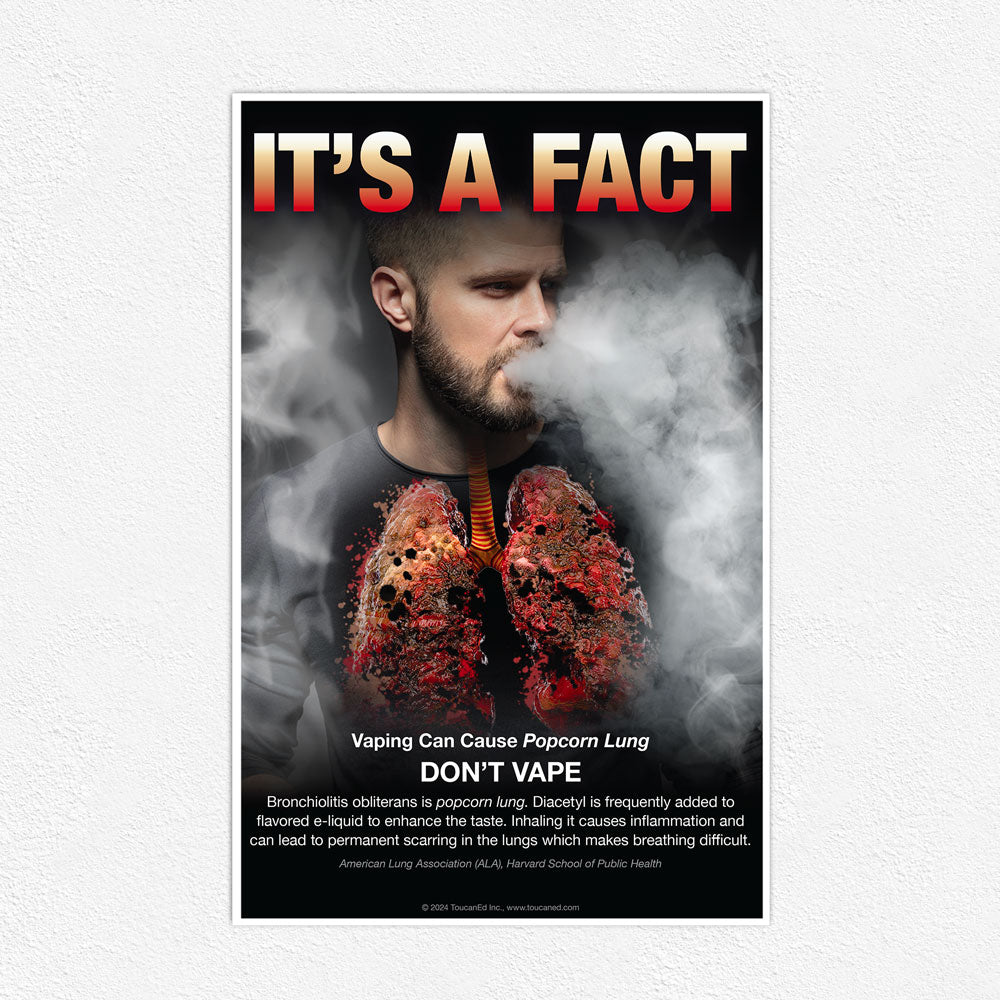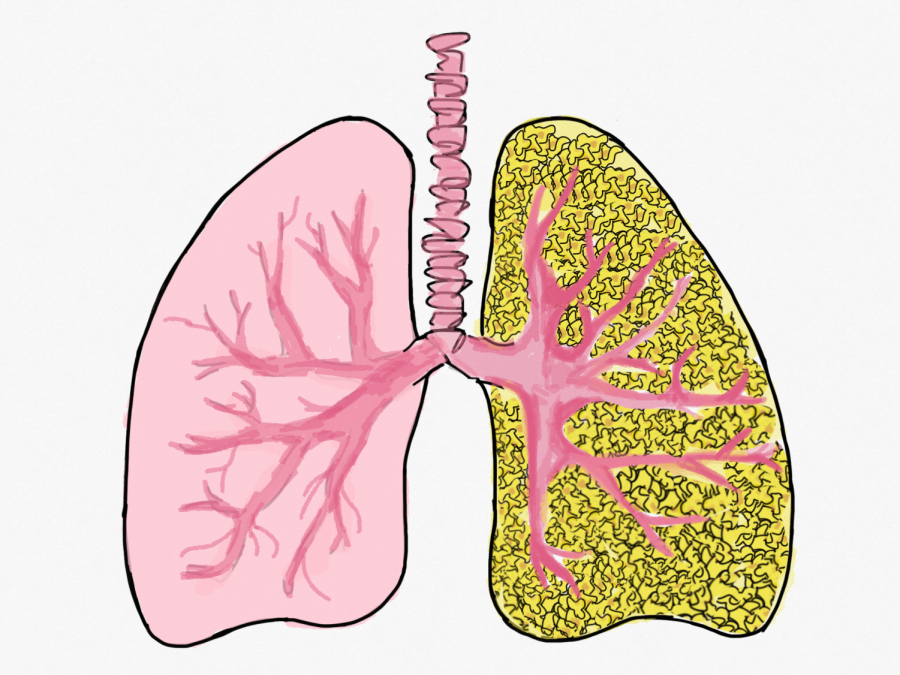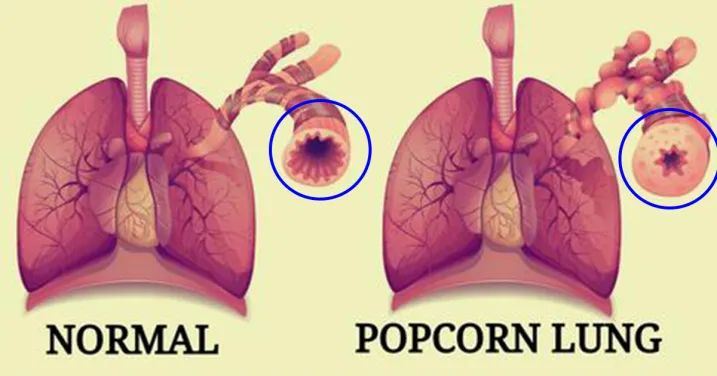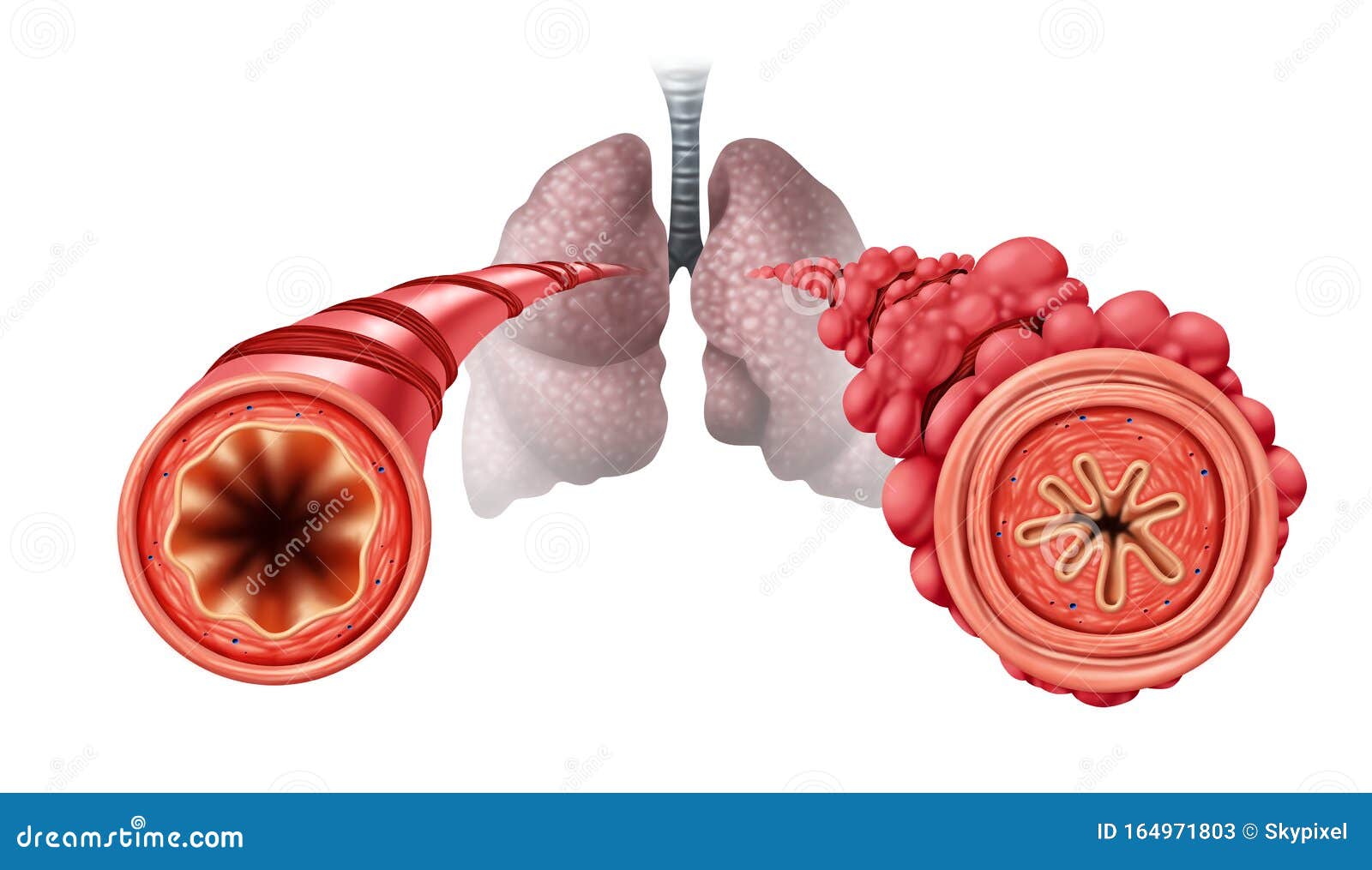
Are you aware of the potential health risks associated with inhaling certain chemicals, particularly those found in flavorings and fragrances? Bronchiolitis obliterans, commonly known as "popcorn lung," is a serious and potentially debilitating condition that can result from prolonged exposure to these substances. In this article, we will delve into the world of bronchiolitis obliterans, exploring its causes, symptoms, and treatment options, as well as discussing ways to prevent this condition.
What is Bronchiolitis Obliterans?
Bronchiolitis obliterans is a rare and irreversible lung disease characterized by the inflammation and scarring of the small airways, known as bronchioles. This condition can lead to symptoms such as coughing, wheezing, and shortness of breath, making it difficult to breathe. The name "popcorn lung" was coined due to a notable outbreak of the disease among workers at a microwave popcorn factory, where they were exposed to high levels of diacetyl, a chemical used to give popcorn its distinctive buttery flavor.
Causes and Risk Factors
The primary cause of bronchiolitis obliterans is the inhalation of certain chemicals, including:
Diacetyl, found in flavorings and fragrances
Acetoin, a chemical used in the production of certain food flavorings
2,3-pentanedione, a substitute for diacetyl
Individuals at risk of developing bronchiolitis obliterans include:
Workers in industries that manufacture or use these chemicals, such as food flavoring and fragrance production
People who smoke or vape, as these activities can increase the risk of lung damage
Those with pre-existing lung conditions, such as asthma or chronic obstructive pulmonary disease (COPD)
Symptoms and Diagnosis
The symptoms of bronchiolitis obliterans can vary in severity and may include:
Coughing and wheezing
Shortness of breath, even when resting
Fatigue and weakness
Chest tightness or pain
Diagnosing bronchiolitis obliterans can be challenging, as the symptoms are similar to those of other lung conditions. A doctor may use a combination of the following tests to diagnose the condition:
Chest X-rays or CT scans to visualize the lungs
Pulmonary function tests to assess lung function
Biopsy to examine lung tissue
Treatment and Prevention
While there is no cure for bronchiolitis obliterans, treatment options are available to manage symptoms and slow disease progression. These may include:
Medications to reduce inflammation and improve lung function
Oxygen therapy to increase oxygen levels in the blood
Pulmonary rehabilitation to improve lung health and overall well-being
Preventing bronchiolitis obliterans is crucial, especially for individuals at risk. This can be achieved by:
Avoiding exposure to diacetyl and other hazardous chemicals
Wearing protective gear, such as masks and respirators, when working with these chemicals
Quitting smoking and avoiding vaping
Maintaining good lung health through regular exercise and a healthy diet
Bronchiolitis obliterans, or popcorn lung, is a serious and potentially debilitating condition that can result from prolonged exposure to certain chemicals. By understanding the causes, symptoms, and treatment options, individuals can take steps to prevent this condition and protect their lung health. If you are concerned about your risk of developing bronchiolitis obliterans or are experiencing symptoms, consult with a healthcare professional for guidance and support. Remember, prevention is key, and taking proactive measures can help ensure a healthier, happier you.
Note: This article is for informational purposes only and should not be considered medical advice. Consult a healthcare professional for personalized guidance and treatment.









